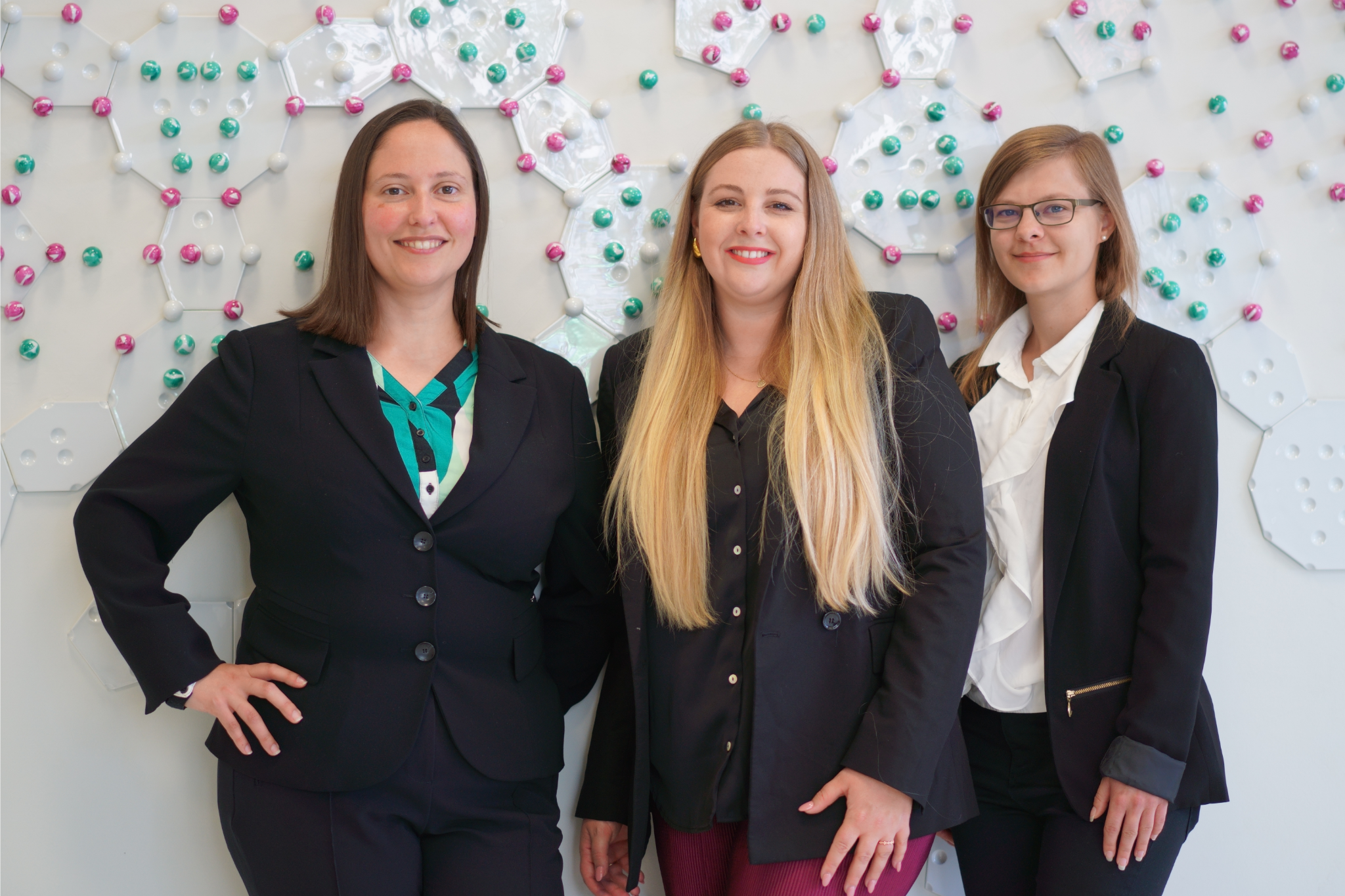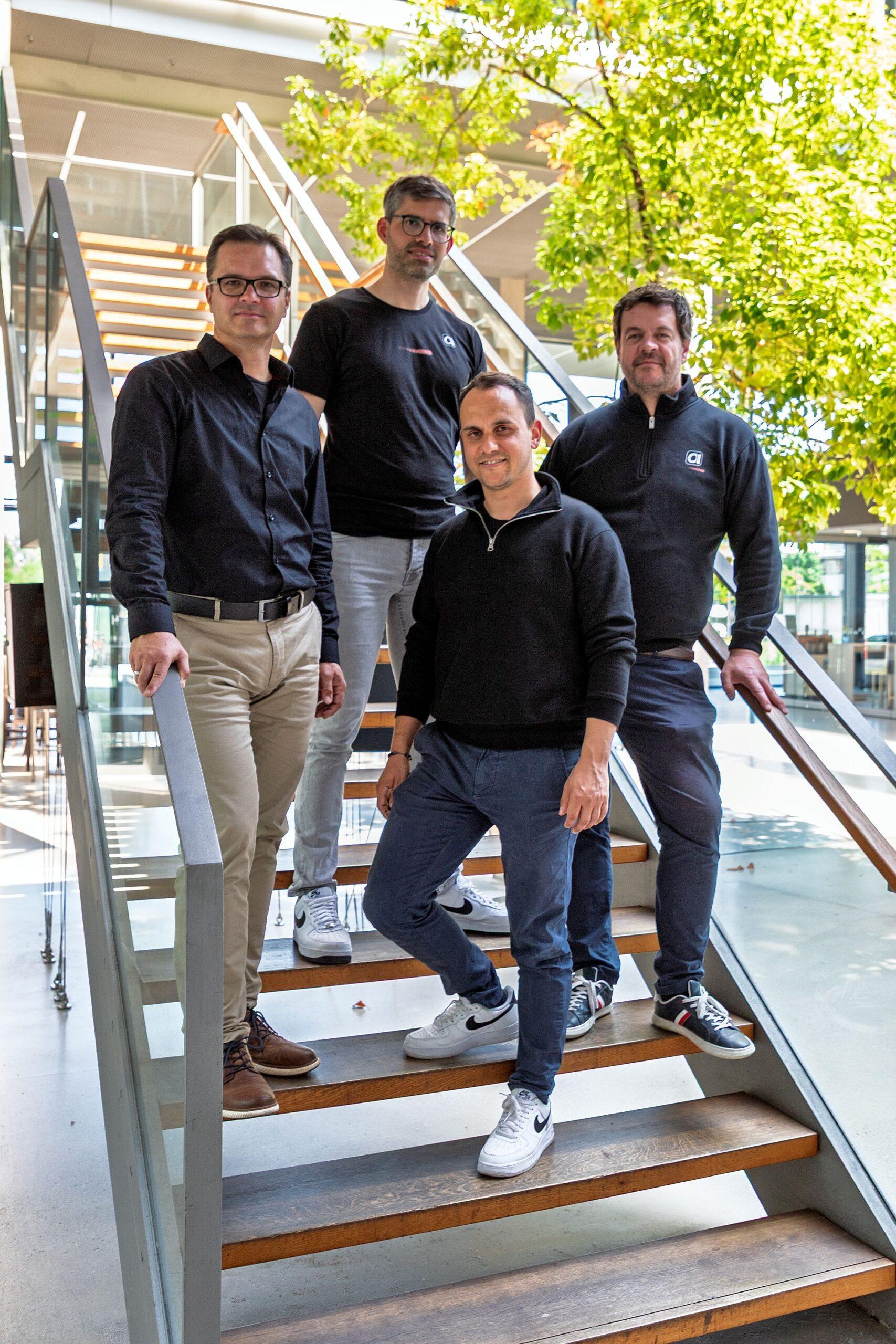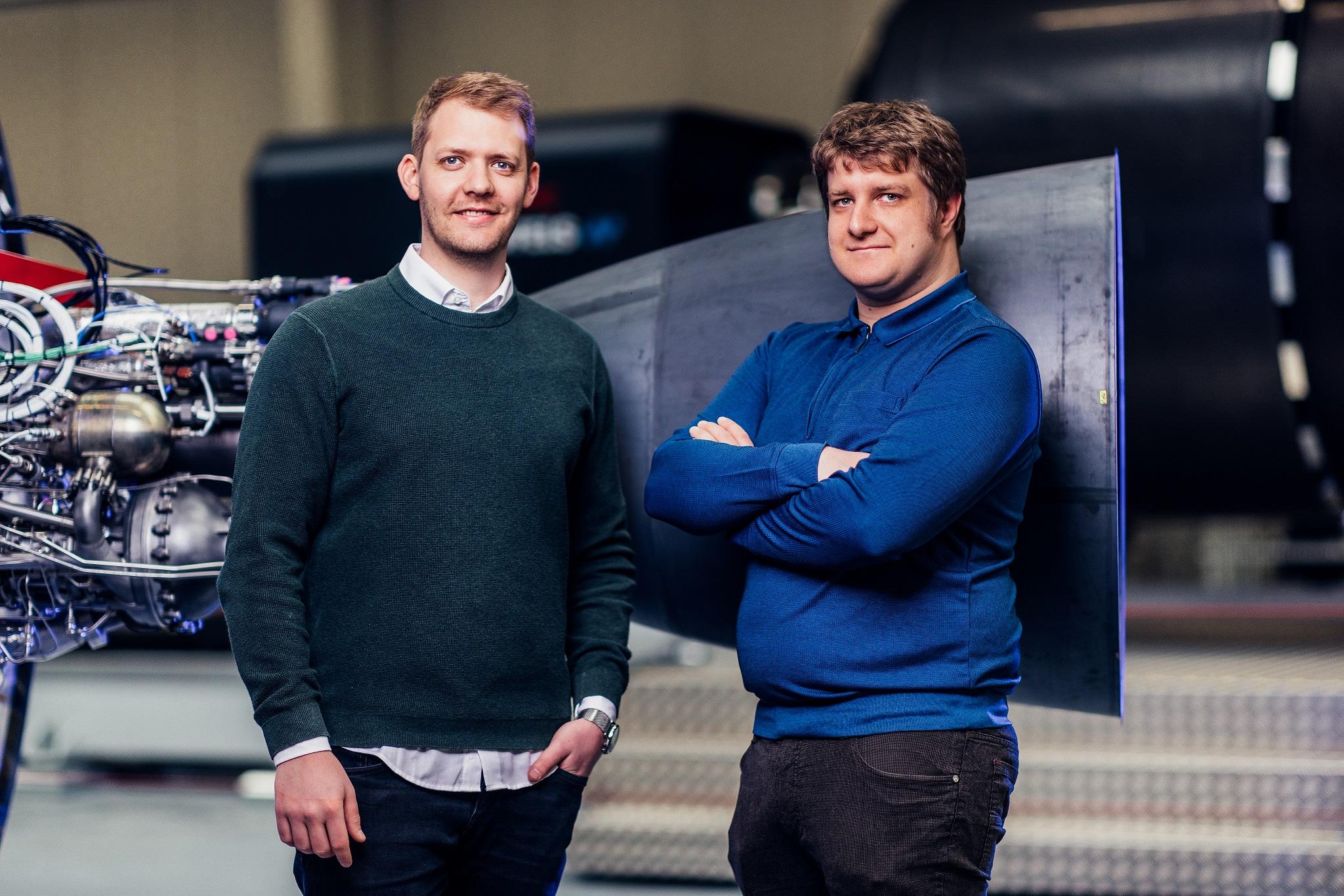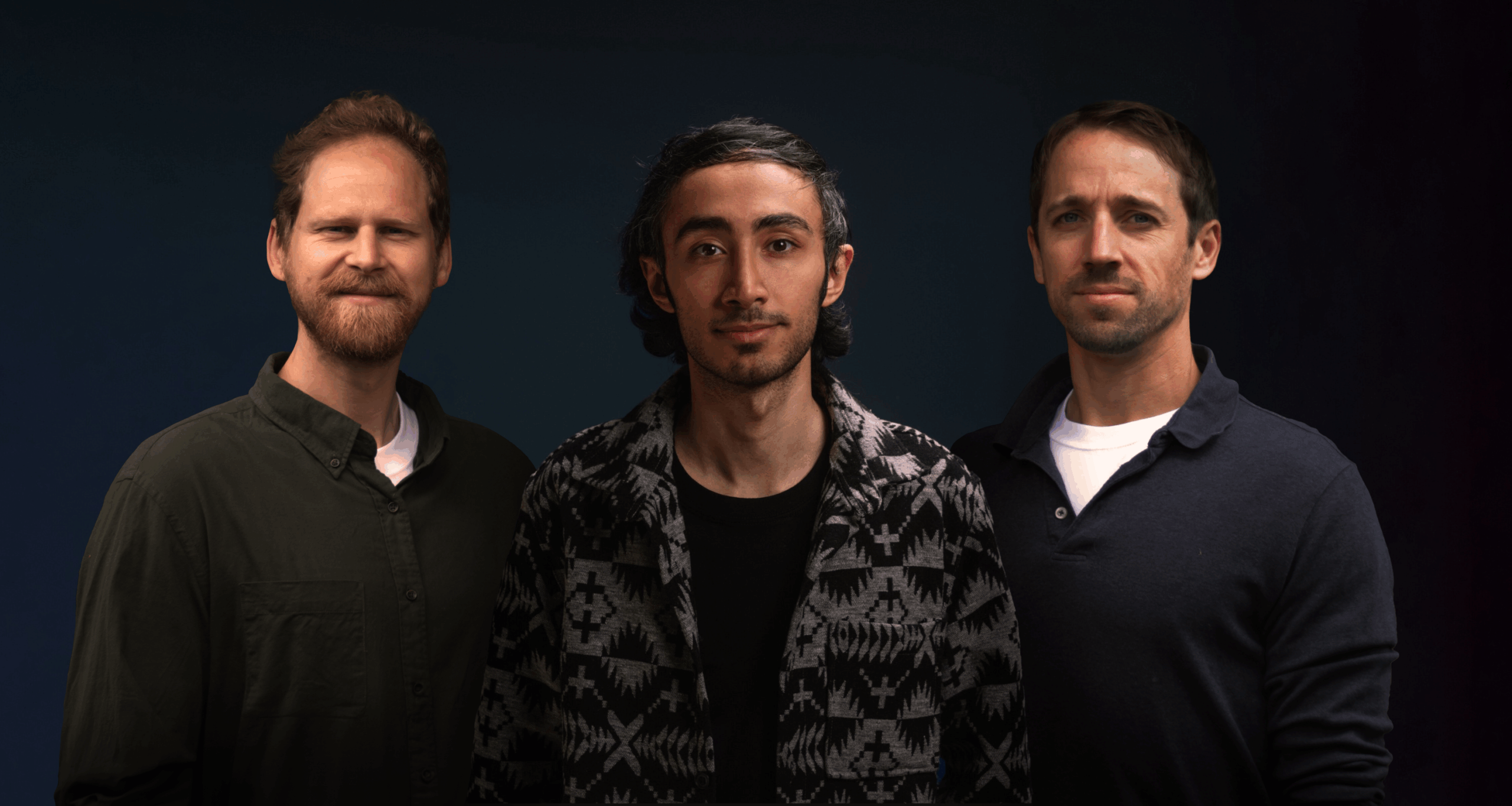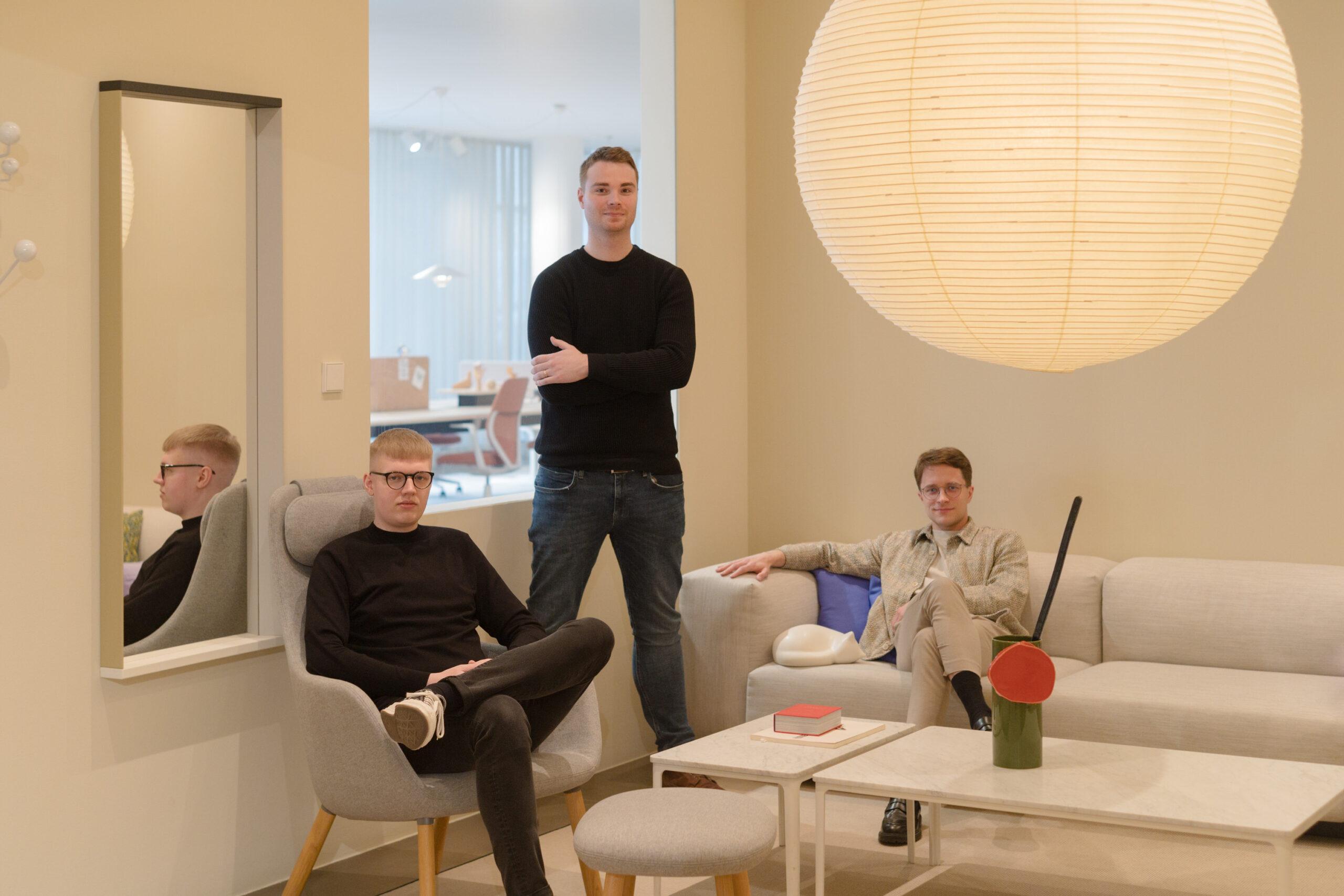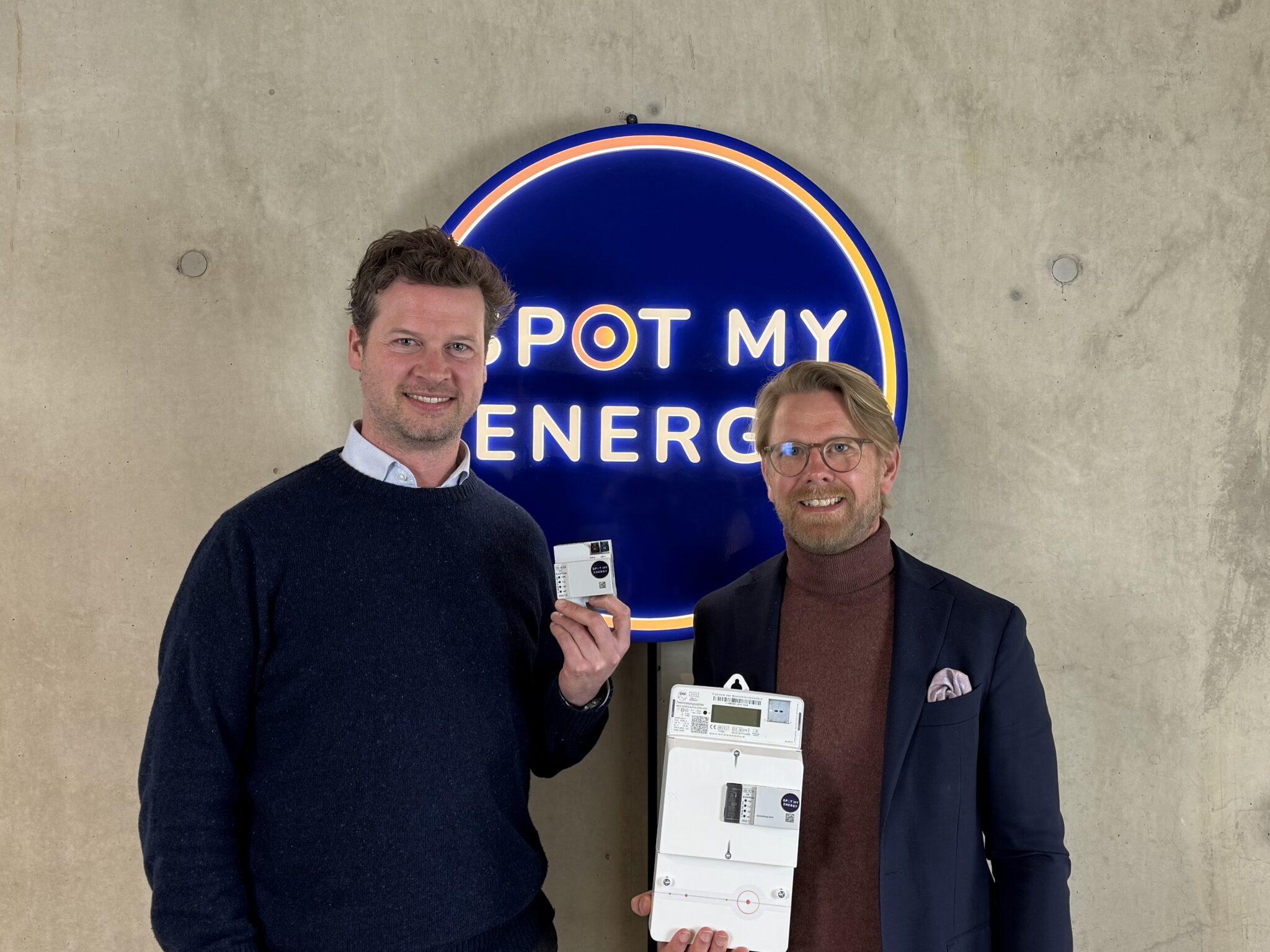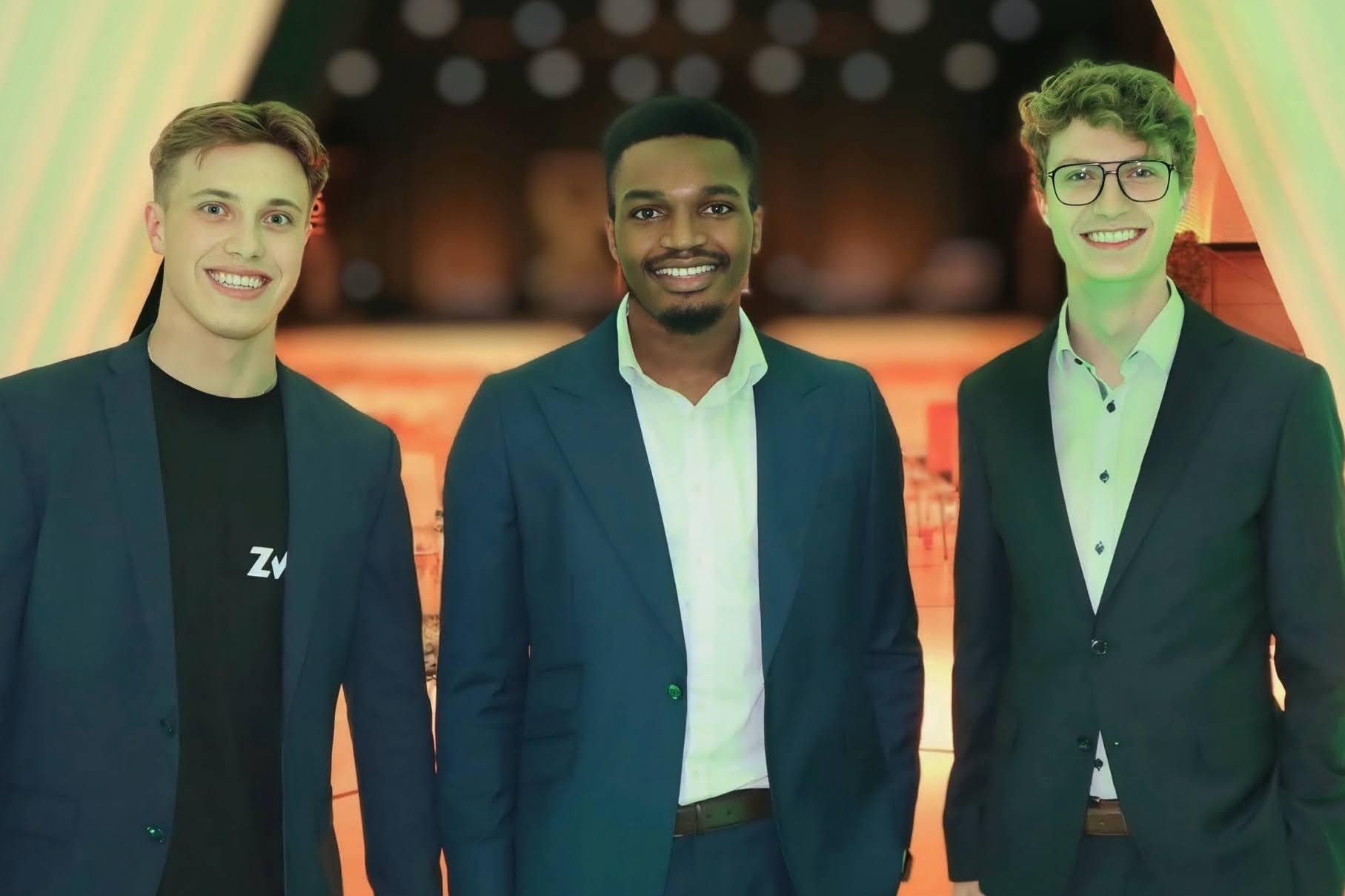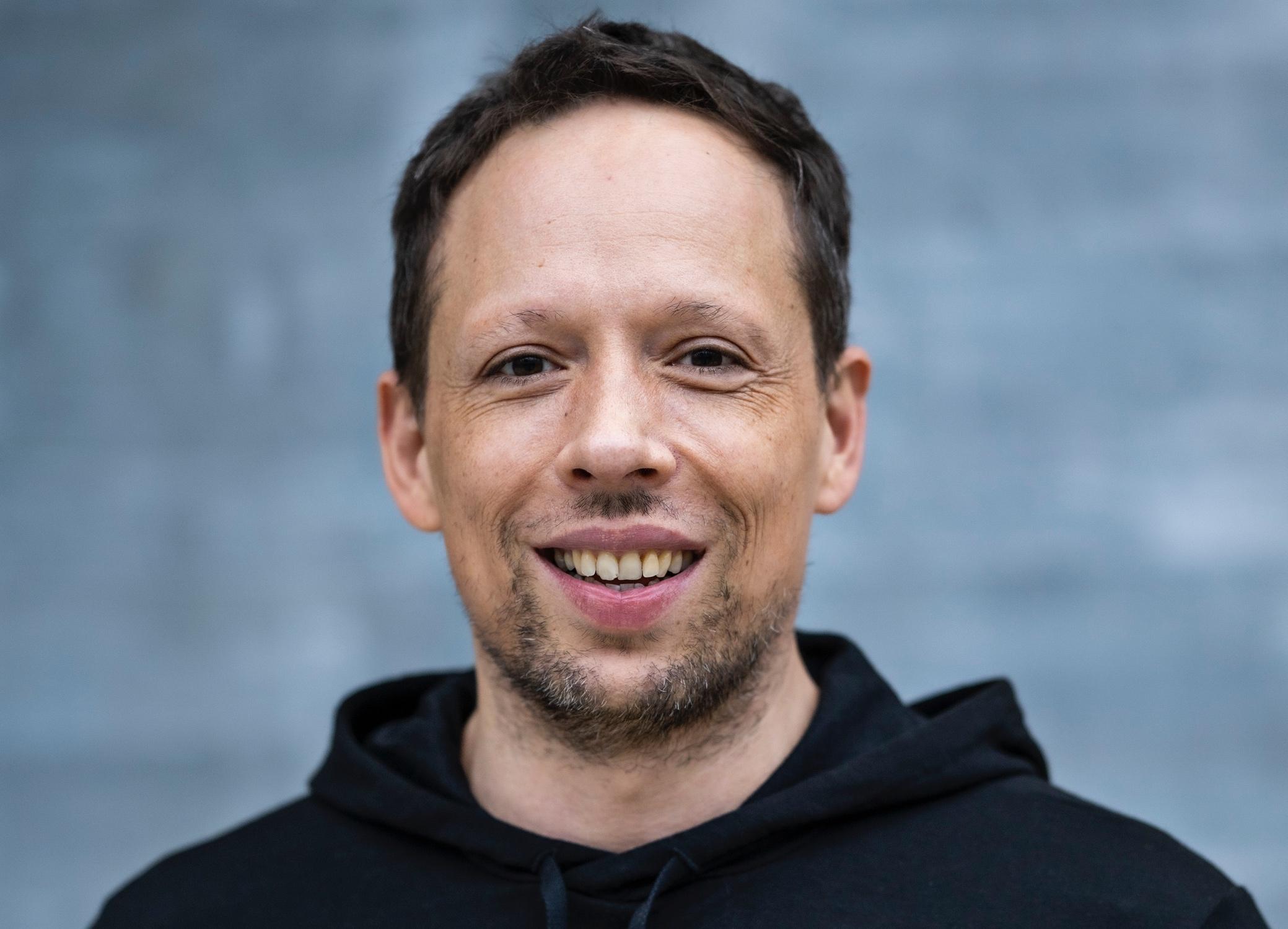That's what's behind the DHDL start-up Aivy
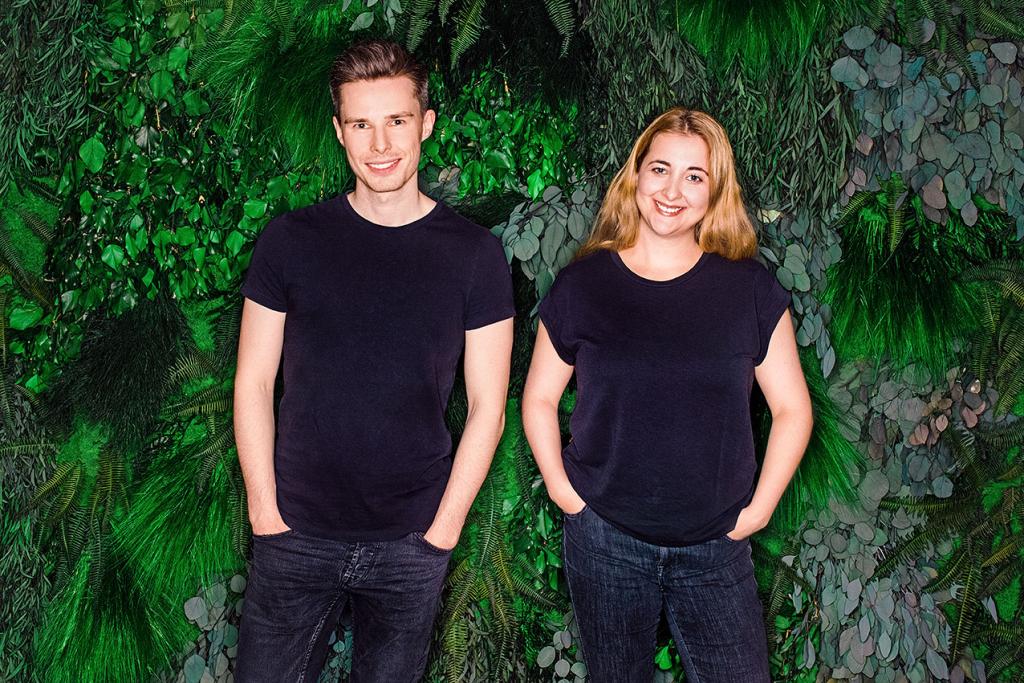
Aivy managers Florian Dyballa and Alexandra Kammer explain how they want to revolutionize the application process with mini-games and how they think it went on DHDL.
Personnel management is not an exact science. No matter how professionally qualified an applicant may be, if they don't fit in on a personal level, an employment relationship is quickly terminated. The start-up Aivy, founded in 2020, wants to help companies and applicants make fewer wrong decisions. To this end, the Berlin-based company relies on a whole series of mini-games that are designed to screen applicants beyond the mere CV. The founders will be guests on the TV show "Die Höhle der Löwen" this Monday with their idea. In an interview with Startbase, CEO Florian Dyballa and Diversity Manager Alexandra Kammer talk about their start-up and the decision to pitch for investors on television.
Ms. Kammer, Mr. Dyballa, there are already many ways in which companies can check whether an applicant is a good applicants suit them, such as assessment centers. Why do they need your app?
Florian Dyballa: Our app cannot be compared with assessment centers. We don't want to create a test situation. Because that is prone to errors. This often results in what we business psychologists call "socially desirable response behavior". Applicants say what they think the company wants to hear.
Alexandra Kammer: As a result, the applicant who is best suited to the job doesn't necessarily end up getting it. And that's exactly where we come in. With us, companies can state very precisely what they expect from applicants beyond their pure qualifications. And candidates can use our app to prove that they have the desired skills.
What factors do companies look for apart from pure CVs?
Dyballa: These are things like willingness to learn or the ability to plan...
...things that are difficult to measure...
Dyballa: Absolutely, but with the help of our game-based assessments, trends can be identified. Let's take the example of problem-solving and planning skills. We have developed the "Hochstapler" assessment, where you have to build a tower. We then measure the speed and number of moves. Some users act very quickly, but then need a few more attempts. Others, on the other hand, start slowly but then reach their goal with fewer moves. This way we know who is more decisive and who plans more carefully before acting. None of these variants is better or worse than the other, but they say different things about the applicants.
And how do the companies find out?
Kammer: We issue applicants with a strengths profile based on their game results, which is a kind of certificate that can be attached to their CV. There is then an interpretation guide for the companies so that they can request the strengths profile and compare it with their requirements in the next step.
Can many companies get something out of this playful approach?
Kammer: Definitely. Gamification also makes our offer accessible to everyone, regardless of education or desired job, and even generates more valid results. With Aivy, we actually meet the relevant DIN standard for psychological aptitude diagnostics.
Nevertheless, that sounds more like something that start-ups would find appealing.
Kammer: Our customers also include large companies such as Beiersdorf, Fresenius and Roche. As well as start-ups like The Nu Company, but also small and medium-sized companies. We want to appeal to all types of companies, which is why we have a flexibly adaptable pricing model.
Are there any reliable figures that prove that your model achieves better results in the application process?
Dyballa: We have carried out a case study on this and it confirms what we have seen so far. According to the results, we can prevent 30 percent of bad hires before the first interview. And our customers confirm that initial interviews with applicants go better. No one feels forced to give socially desirable answers because both sides know the strengths profile and no one has to pretend.
You have already completed a financing round, but have now gone to the "Lion's Den" anyway. There is a lot of attention to be gained there, both positive and negative. Why did you take this risk?
Dyballa: We were very optimistic, after all we already had initial financing, a functioning product and large companies among our customers. So the chance of making a fool of ourselves was rather small.
Kammer: If you are fully convinced of your product, you simply have to be optimistic and take risks in the face of uncertainty.
You were also able to agree a deal with Carsten Maschmeyer and Dagmar Wöhrl, initially for ten percent for 450,000 euros, with an option for more depending on milestones. Did that also materialize after the show?
Kammer: We perceived the collaboration with Dagmar Wöhrl and Carsten Maschmeyer as very professional. The deal did not materialize afterwards due to different ideas regarding the concrete form of the milestones. Meanwhile, we were able to conclude another financing deal.
So you are optimistic despite the lack of celebrity investors?
Dyballa: Absolutely. We now want to use the attention from the show to attract even more companies as customers. In the long term, we want to become the application standard alongside the CV.
About the people:
Florian Dyballa is CEO and co-founder of Aivy, alongside Boas Bamberger, David Biller and Arbnor Raci. He previously founded and successfully sold the sponsoring platform Abilife.de. Dyballa studied business psychology in Lüneburg.
Alexandra Kammer is Head of Diversity Management at Aivy. She studied marketing and management in Mannheim, Utrecht and Paris.

Newsletter
Startups, stories and stats from the German startup ecosystem straight to your inbox. Subscribe with 2 clicks. Noice.
LinkedIn ConnectFYI: English edition available
Hello my friend, have you been stranded on the German edition of Startbase? At least your browser tells us, that you do not speak German - so maybe you would like to switch to the English edition instead?
FYI: Deutsche Edition verfügbar
Hallo mein Freund, du befindest dich auf der Englischen Edition der Startbase und laut deinem Browser sprichst du eigentlich auch Deutsch. Magst du die Sprache wechseln?







